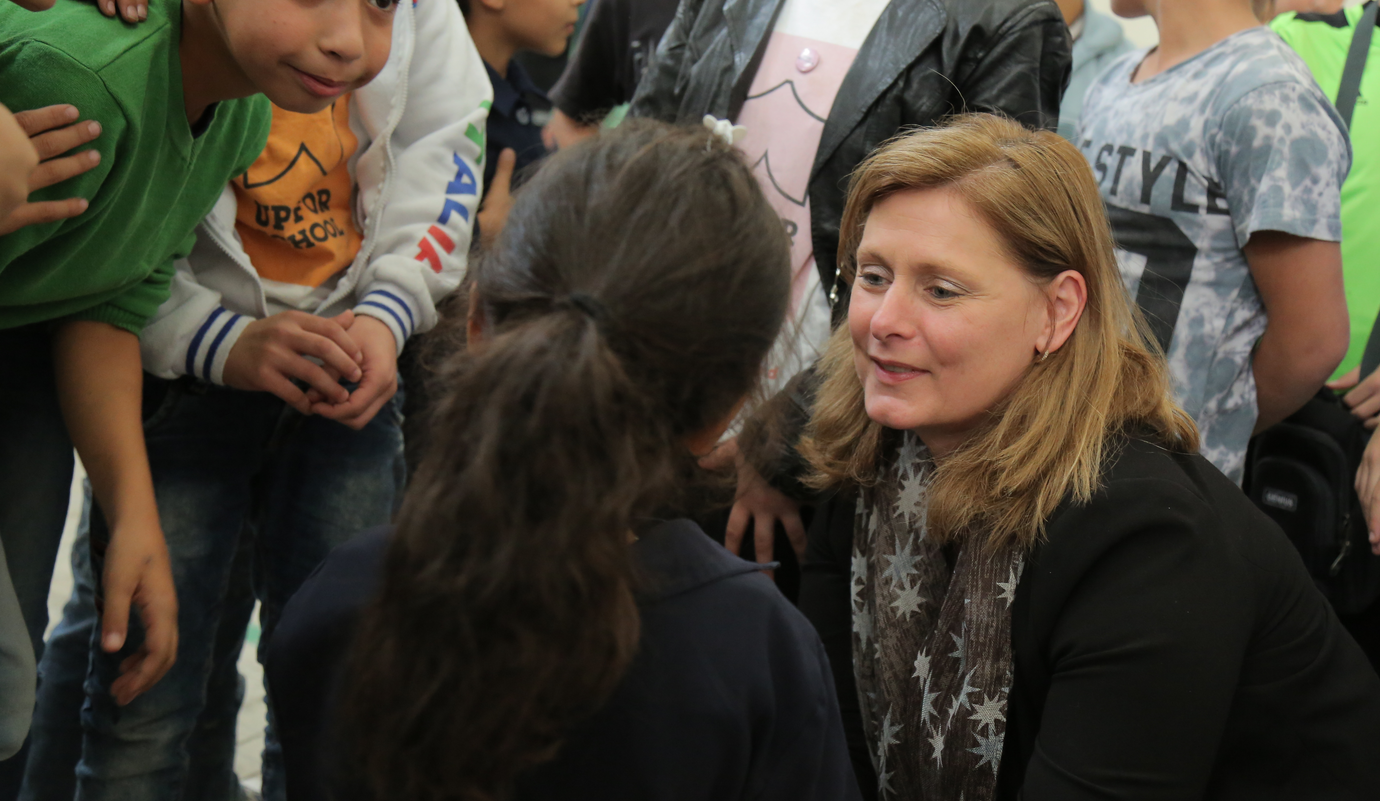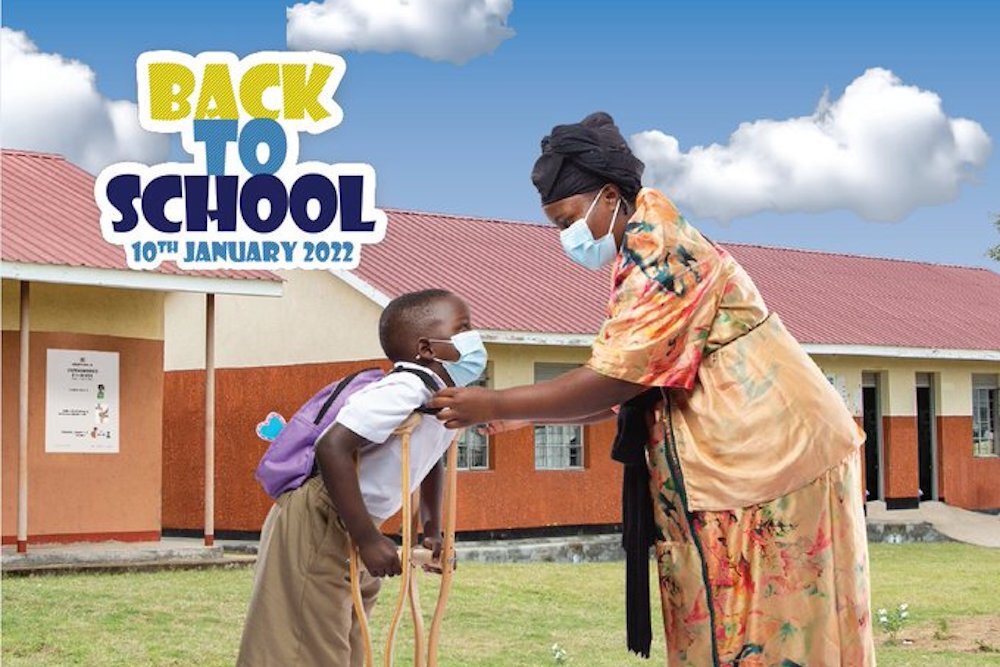
Five things you need to know this week about global education
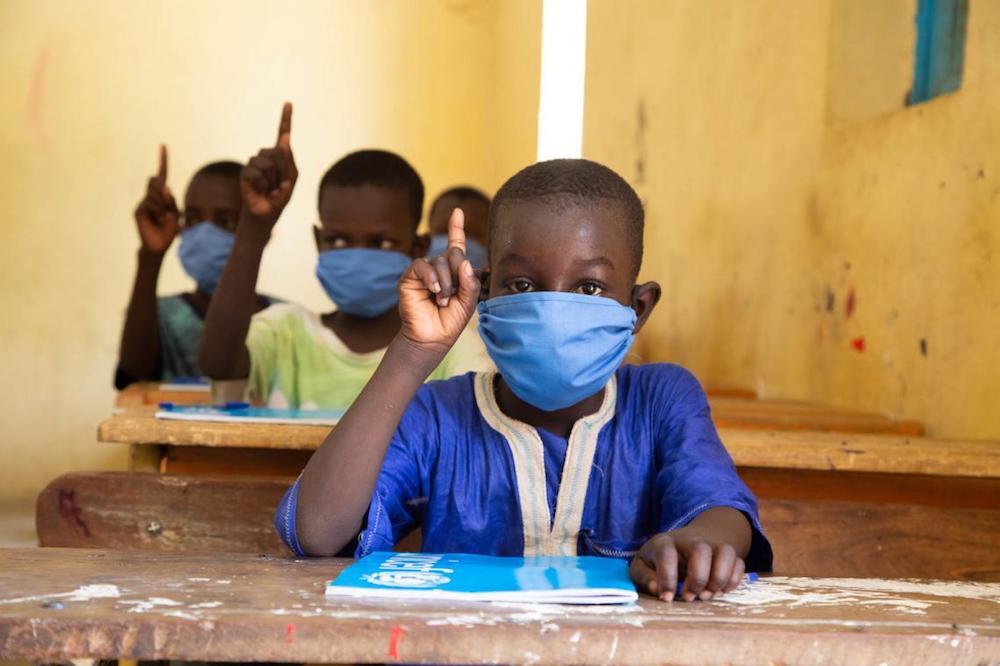
Child marriage
Our roundup includes Nigeria getting ready to reopen its schools and how sustainable energy is multiplying the impact of school meal programmes.
Six months on, Nigeria's schools set to reopen
Tens of millions of children in Nigeria can go back to school from Monday after six months of classroom closures.
Education minister Adamu Adamu said new Covid-19 cases have fallen sufficiently in Africa’s most populous country to allow schools to reopen.
Even though primary education is officially free and compulsory, about 10.5 million – that’s one in five – of Nigeria’s children aged five to 14 years are not enrolled in school.
Meanwhile, UNICEF called on ministries of education and finance in West and Central Africa to prioritise education in their Covid-19 recovery plans.
New data shows that, six months on from the onset of the pandemic, only seven out of 24 countries in the region – Benin, Burkina Faso, Cabo Verde, Chad, Congo, Equatorial Guinea and Sierra Leone – have reopened schools for the new academic year.
“We don’t have time to waste,” said Marie-Pierre Poirier, UNICEF Regional Director for West and Central Africa. “With every day that goes by, millions of children and young people unable to safely access learning opportunities are missing out on their right to an education and putting their future at risk.”
Call for Yemeni teachers to be paid again
In Yemen, with suspended salaries and schools regularly coming under attack, many teachers have been forced to find alternative sources of income to provide for their families. https://t.co/ygdf5iiUm2 via @TheNationalUAE #WorldTeachersDay @EduCannotWait @UNESCO @UNICEF
— Global Partnership for Education (@GPforEducation) October 7, 2020
Global organisations have called for teachers in Yemen to start getting regular pay again in the coming school year.
About half of the conflict-torn country’s teachers and school-based staff (estimated at 160,000) have not received regular salary payments since 2016. Many have been forced to find alternative sources of income to provide for their families.
The dire situation – that also includes the effects of flooding, widespread diseases and poverty – has pushed more than two million children out of school and put at risk another 5.8 million who were enrolled in school before the pandemic.
The call for regular payments to teachers came from the Global Partnership for Education, Education Cannot Wait, UNESCO and UNICEF.
559 schools damaged by floods in Sudan
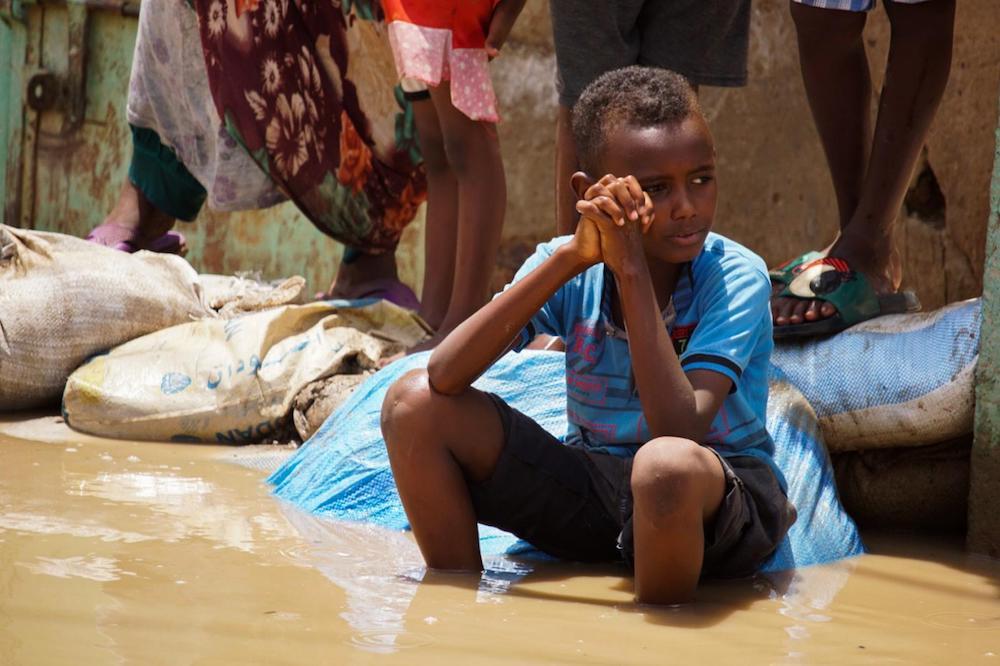
Schools have been destroyed or damaged meaning some children no longer have access to education (UNICEF)
Flooding in Sudan means that 130,000 children are at risk of not being able to return to school next month – on top of serious disruption caused by the pandemic.
Unusually heavy rains from June to September damaged or completely destroyed 559 schools. Another 63 schools are being used as temporary shelters.
“If these schools are not vacated prior to school resumption, tens of thousands of children will face prolonged disruption to their learning,” said a report from the Sudan Education Sector.
Schools across Sudan are due to reopen on November 22, with students in grades 8 and 11 returning earlier on October 11.
Getting energised about school meals
The world is now at a critical juncture where the allocation of resources will impact the recovery and resilience of countries.
If future generations are to reach their full potential, school health & nutrition must be at the heart of the agenda. ????????????
— World Food Programme (@WFP) October 5, 2020
Sustainable energy is multiplying the impact of school feeding programmes run by the World Food Programme (WFP).
In 2019, the organisation provided school meals, snacks or take-home rations to 17.3 million children in 59 countries in both emergency and stable settings.
Now WFP has outlined how it aims to amplify the positive impacts that school meals bring to education, health and nutrition through modern, clean and affordable energy solutions.
These include healthy, efficient and convenient cooking; safe and bright lighting to study after dark; connectivity, internet and digital learning; refrigeration for milk and vaccines in schools’ kitchens and clinics; and solar water pumping for schools’ water wells.
Bangladesh told to tackle child marriage
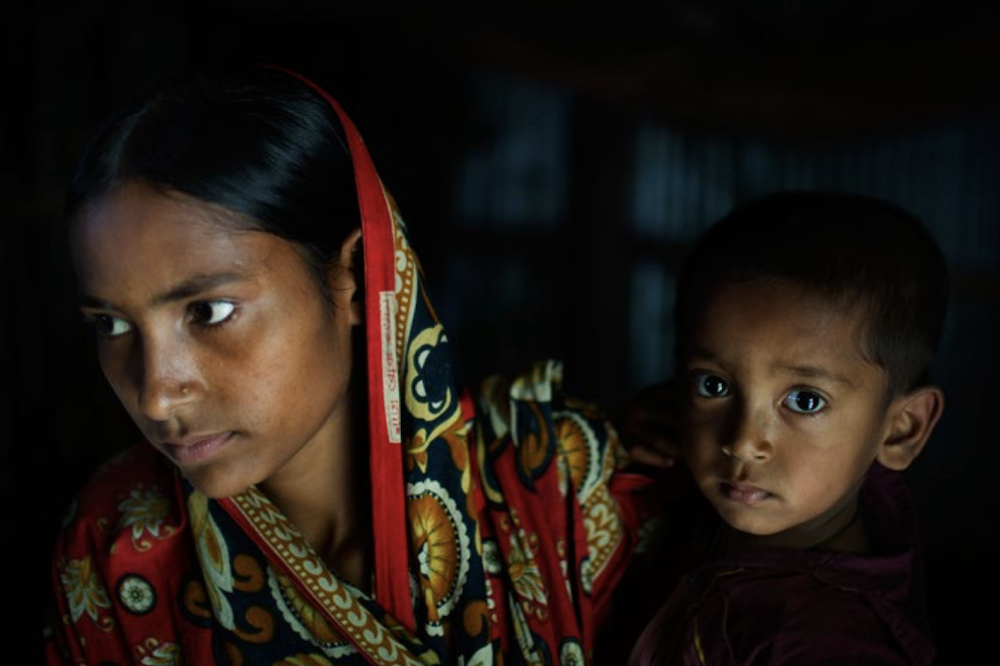
Bangladesh has the fourth-highest rate of child marriage in the world (HRW)
Bangladesh must do more to tackle child marriage if it is to meet its own goal of eliminating the practice by 2041, according to a United Nations report.
While the rate of child marriage in Bangladesh has dropped to 51% from more than 90% in 1970, the country still has the highest rate of underage marriage in South Asia and ranks among the 10 worst offenders in the world.
Schools in Bangladesh have been closed since March due to the pandemic and campaigners say the prolonged closure and widespread economic hardship threaten to worsen the situation.
“As children and families cope with school closures, loss of income and increased pressure in the home, there are heightened risks of child marriage,” said the report. “Even during normal times married girls are over four times more likely to be out of school than unmarried girls.”
More news

